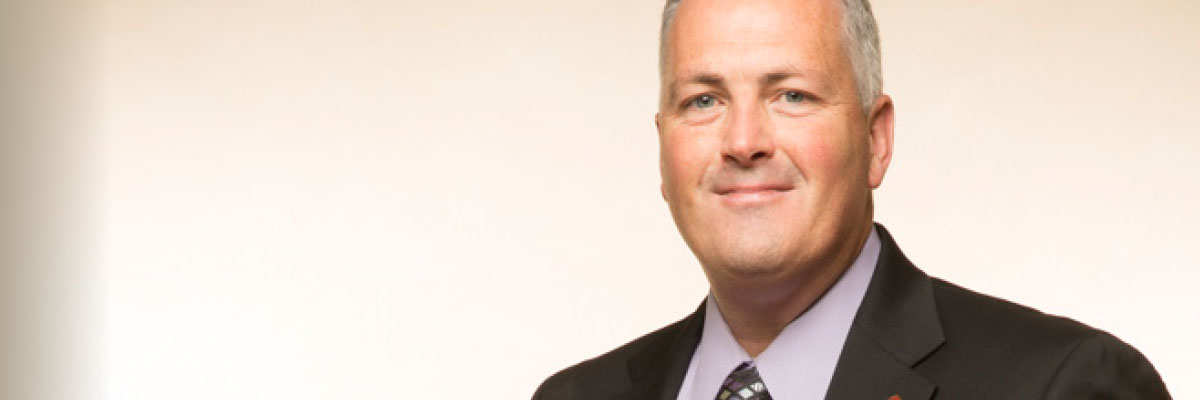“Do more with less” is the mantra of every nonprofit. But for Nicasa, which had been providing high-quality substance abuse prevention and treatment services in Lake County for nearly 50 years, the mantra just wasn’t enough.
State and federal funding—long the bedrock of the agency’s sustainability plan—was steadily decreasing. Finding mental health counseling for the estimated 20 to 50 percent of clients who need it was becoming increasingly difficult. Yet providing that counseling at Nicasa would be expensive, requiring new staff and training. And while reimbursement by public or private insurance would mean new revenues, it would also demand new accreditation and a new electronic health records system, not to mention new computers and in-house IT expertise.
“As an agency, we were working hard at lots and lots of things, but it felt like we were chasing our tails,” says Nicasa CEO Bruce Johnson. “I thought, ‘I need help. I can’t do this alone.’”
Ironically, the first help to arrive was an invitation from the Healthcare Foundation to do a little more work: complete a self-assessment of everything from leadership and operations to fund development planning. The exercise pointed to two priority areas, diversification of funding and board governance.
“I’ve got a fabulous board—very intelligent, diverse people, with lots of experience and a tremendous skill set—but I wasn’t using them effectively,” says Johnson.
With a grant from the Foundation, Johnson began by tackling fund development, hiring a consultant to help hammer out a strategic plan for decreasing Nicasa’s reliance on public money. And with a 9-month training/workshop called Double Boost, offered by the Donor’s Forum and the Foundation, Johnson and three key board members—president Jan Zobus, Valery Gallagher, and Ali O’Brien—set out to remake and recharge the energies of a neglected resource: the Nicasa board of directors.
“Double Boost was fantastic,” says O’Brien, who now chairs the resource development committee, one of three newly formed functional committees. (Fellow Double Booster Valery Gallagher chairs another, the board governance committee.)
“In the larger group of organizations, we’d discuss best practices for nonprofits on specific topics, like fundraising and governance. And in between, we had organizational coaching sessions, specific to us. Melissa Davis, who ran the sessions, would say, ‘Okay, Nicasa is at point A. How are you going to get to point B? Let’s talk about the theory and how you’re actually going to apply it.’”
For his part, Johnson made sure that what they were learning at Double Boost made it back to the entire board and got implemented, ASAP. “I give my board a lot of credit,” he says. “It’s moving quantum leaps ahead.” Those leaps include adopting a new governance structure, forming those functional committees, and passing a board giving statement along with new bylaws, including term limits.
“The culture of the board has changed,” Johnson says, “I feel like they are more available to me, that I can count on even more of their time and attention. I can go to them and get their expertise. They help me look at the bigger picture and see possible solutions.”
The board’s role has changed, as well, which has been paving the way for the agency to provide more and better care in the community. Board members have begun laying the groundwork for more effective fundraising, holding informational events in their homes and using their personal and professional networks to increase the agency’s visibility county wide. And after weighing the risks and potential benefits, the board approved an expansion of Nicasa’s portfolio of services.
In September 2013, with start-up funding from the Healthcare Foundation, the agency began offering that much needed mental health counseling to its clients. The following year, it began accepting outside referrals for those services, effectively doubling the number of affordable counseling options that exist in an area with high need and extremely limited resources. As of March 2014, Nicasa’s mental health counseling team had seen 78 clients. New data-tracking software is online, and accreditation is in the works.
“Making resource and expenditure decisions about an uncertain future isn’t easy,” says O’Brien. “But what’s great about this board now is that everyone seems to grasp their obligation to be informed and involved, whether it’s to ensure the financial health of the organization or to take on a challenging decision.
“It’s been a seismic shift. People were hungry to make a difference, and we hadn’t felt that collectively as a board before.”
